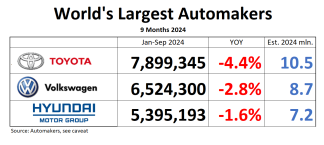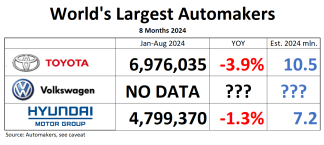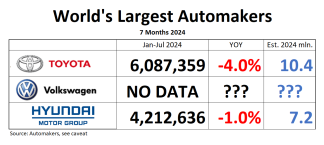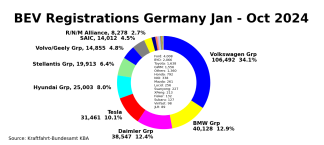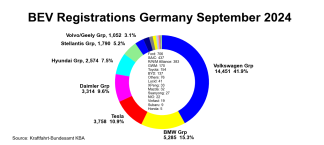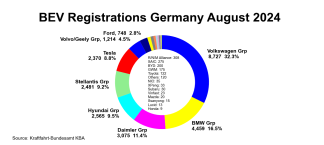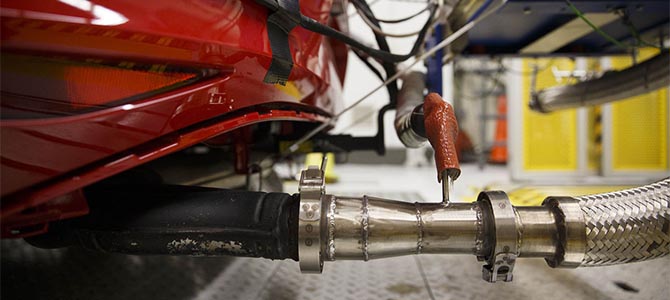
In one or two weeks’ time, a sudden end will come to the much communicated story that diesel cheating is an isolated matter, only performed by criminals at Volkswagen. Dailykanban received information that in one or two weeks, a number of other automakers will be exposed as diesel cheaters. A Volkswagen problem will turn into an industry-wide systemic problem, and it could very well be the beginning of the end of diesel-powered cars.
In two to three weeks, 10 to 15 cases of outright diesel cheating by a number of large automakers are expected to be laid bare, sources close to the matter told the Dailykanban. The publication will either be made by the International Council on Clean Transportation (ICCT), the sources say, or by Germany’s Deutsche Umwelthilfe (DUH). ICCT, a group mainly of current or former members of regulators, became famous for alerting EPA and CARB after commissioning West Virginia University to test Volkswagen diesel car emissions. DUH is the German NGO that recently named GM’s Opel as a main suspect for organized diesel cheating. A week ago, Britain’s Leeds University published tests showing Opel/Vauxhall cars as “among the most polluting models on Britain’s roads.” Three of the 10 to 15 cases involve Opel cars, we are told.
With 7 to 12 cases remaining, global automakers have reason to await the publication with apprehension. The technologies used to defeat emission tests are said to range from the crude to the highly sophisticated. Volkswagen’s defeat device swill look pedestrian compared to what may be unveiled. To deduce that the car is under observation, the sophisticated examples make use of the plethora of on-board sensors in a modern day’s car. Some cars are even said to have the location of government-approved testing labs in their GPS-guided computers.
In the past few days, talk about the impeding news release has spread through the tightly knit auto industry, and PR departments operate under condition red. About half of Europe’s cars are diesel-driven, and Volkswagen-sized revelations at other automakers could lead to a serious disruption of the European auto market.
